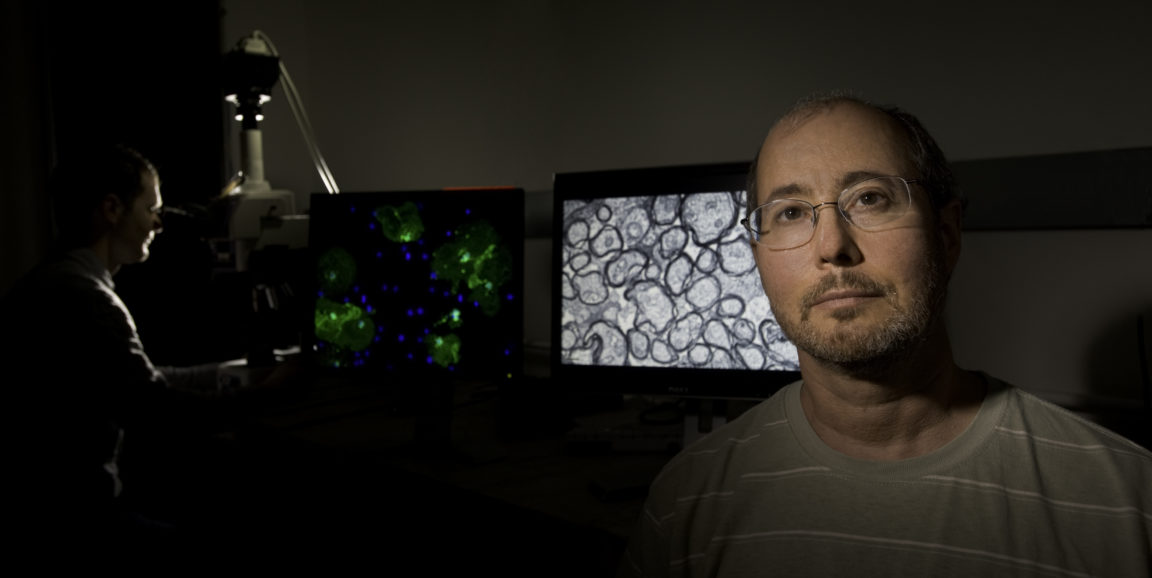Despite years of research and a significant investment, scientists still have a limited understanding of the basic biology that underlies neurodegenerative diseases such as Alzheimer’s, Parkinson’s disease and ALS.
To help spur progress in the field, the Chan Zuckerberg Initiative (CZI), a Palo Alto-based philanthropic organization, is launching a new series of research awards geared to investigators willing to be bold and to pursue unconventional approaches in the lab. One of the new grant programs, the CZI Ben Barres Early Career Acceleration Awards, is being named in honor of Ben Barres, PhD, the celebrated Stanford neuroscientist who died in December 2017.
“Ben was a truly exceptional scientist and human being,” said Cori Bargmann, PhD, president of Chan Zuckerberg Science. “He exemplified the values of the Chan Zuckerberg Initiative, especially our work in neurodegenerative disease. His commitment to collaboration between basic science and medicine, his creative work in neurodegeneration, and his advocacy for women, underrepresented groups, and young scientists inspire us all.”
Barres was particularly known for his fascination with glial cells, which make up the majority of brain cells, and his work in understanding glia transformed the field of neuroscience. Barres was also a champion of basic science and was cherished by his students, to whom he was very dedicated.
“This program is an inspired way to honor the memory of Ben, a remarkable person and a beloved mentor who embodied the spirit of the awards in his brilliance, creativity and passion for neuroscience,” said Lloyd Minor, MD, dean of the School of Medicine.
The awards are part of a new CZI effort known as the Neurodegeneration Challenge Network. In addition to the early career investigator awards, the group will fund collaborative teams of scientists, clinicians and engineers working on innovative high-risk, high-impact projects. The awards will be open to MD’s and PhD’s from around the world in a variety of disciplines – not just neuroscience.
CZI was founded in 2015 by Silicon Valley couple Priscilla Chan, MD, and Mark Zuckerberg, chairman and CEO of Facebook, to advance science, education and social justice. One of its first initiatives was the creation of the Chan Zuckerberg Biohub, an independent nonprofit research center supported by $600 million over a 10-year period. The center brings together physicians, scientists and engineers at Stanford, UC San Francisco and UC Berkeley to do innovative scientific exploration and invent new tools to advance discoveries.
Photo by Steve Fisch




